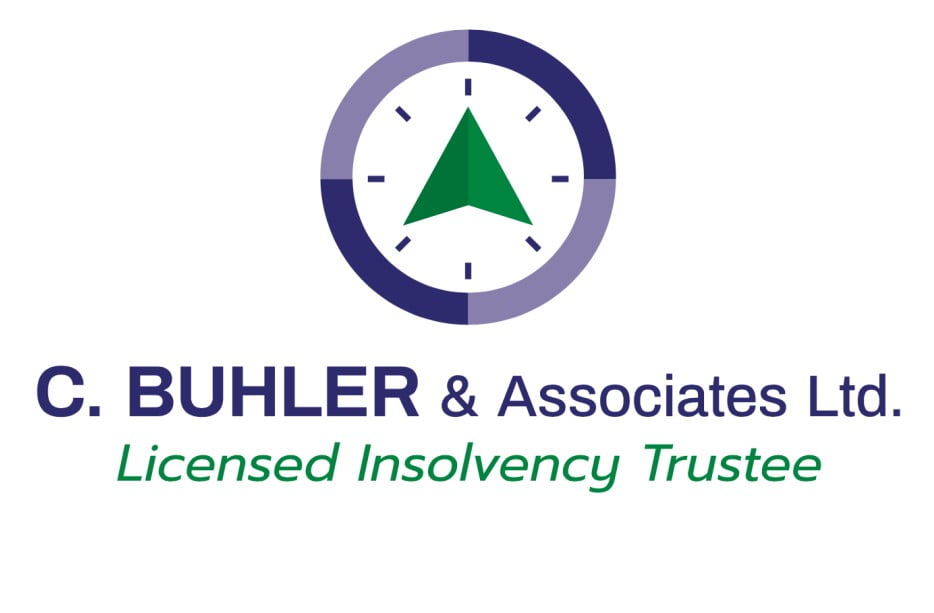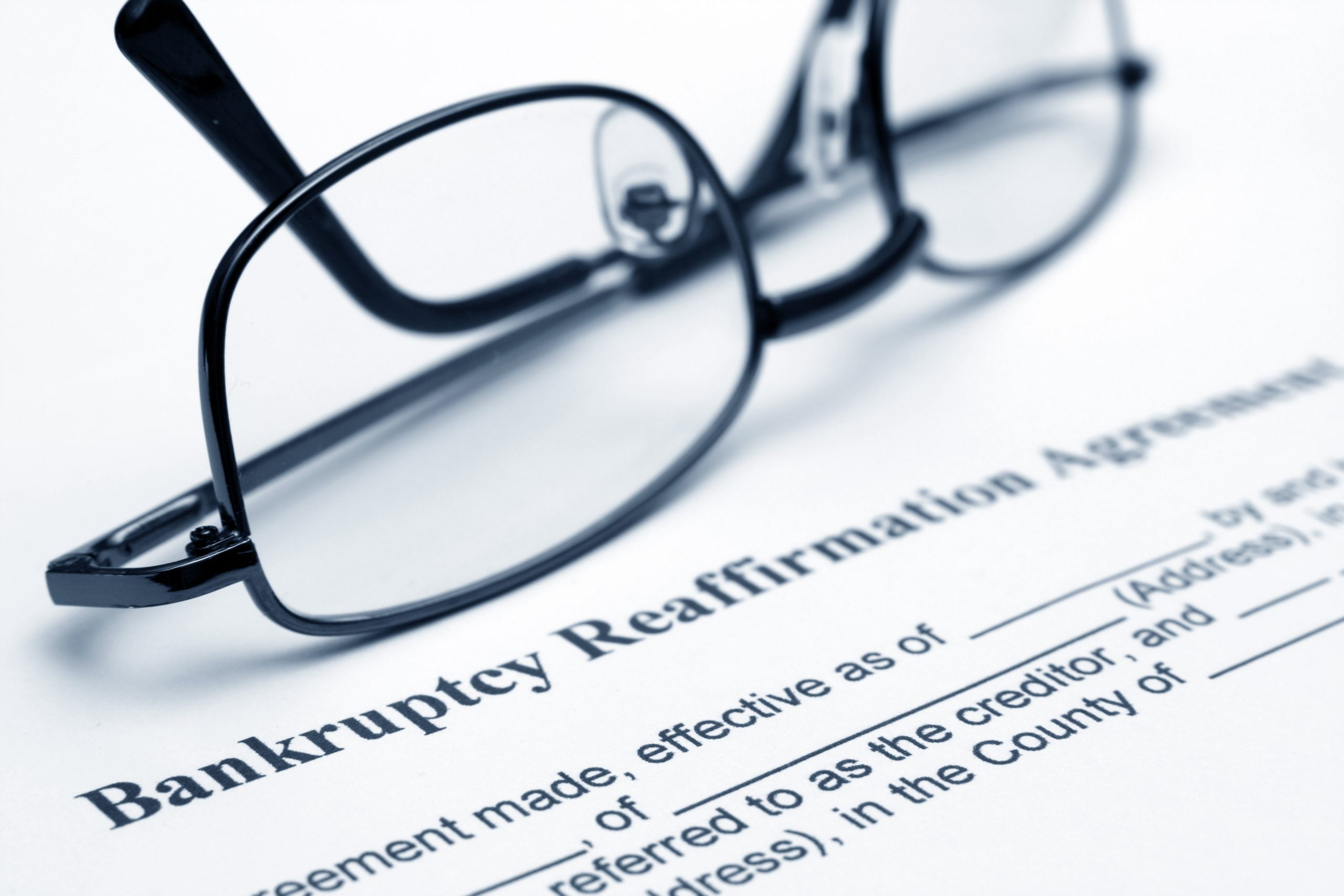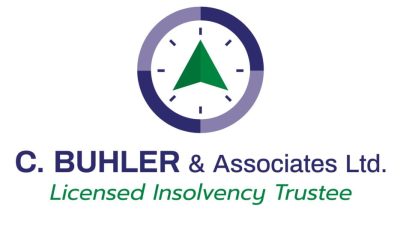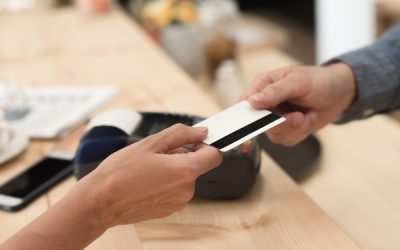While many Canadians struggle with debt, filing for bankruptcy should be your last resort. Our certified Credit Counsellors often educate debtors about different ways you can work to reduce your debt without filing for bankruptcy.
If you are struggling with your debt and finances, here are some ways to avoid bankruptcy and get a handle on reducing your debt:
Pay for Essentials First
The most crucial point to remember is that you should pay for essentials first. Food, utilities, shelter, and/or transportation is vital. You’ll sleep easier knowing there will be running water or food in the fridge. Allocate your income (or cash on hand) to cover these basics first, whether keeping the family fed, paying your rent/mortgage, and/or ensuring you have electricity. Don’t hesitate to reach out for help with children’s school lunches, or to local breakfast programs if you are really in a bind.
Sell Things You Don’t Need
You may be sitting on a source of income in your own home – you just need to know where to look. You may have extra items around that you just haven’t made time to sell, such as:
- Books
- DVDs
- TVs
- Clothes
- Furniture
- Tools
- Children’s toys
- Office supplies
- Kitchen appliances
Get rid of anything you don’t need, don’t have room for, or don’t use anymore. Consider taking certain items to consignment stores, or stores that will pay you cash for your used items. Consider using free online listing sites such as facebook marketplace, or kijiji to reach a larger audience. Take the money you’ve earned from selling your items and put it toward your debts.
Create a Monthly Budget
Make a list of all your debts, and all your monthly living expenses, and design a plan to manage them. You may find that your list mainly consists of credit card balances, your mortgage, car loans, student loans, taxes, etc. For each debt on your list, include the total amount you owe, your minimum monthly payment, and interest rates. From there, you can design a plan to pay down the highest interest debt first, and determine what needs to be paid ASAP.
As well, you should live on a strict monthly budget for recurring expenses, like food and clothing, while working to reduce your debt. That may include cutting your streaming services or memberships, avoiding costly cell phone plans, not dining out, and not taking vacations until your debts are settled.
Keep Track of Your Purchases
An important step in minimizing your debt is keeping track of the purchases you make. You can use a notebook or app to log your transactions as you go. Transaction tracking can help you be more attentive to how you spend your money and remind you of the amounts you’ve allocated to each expense category. You can rely on expense tracker apps to stay on top of your spending; many of them are free to use.
Don’t Spend More Than You Make
It can be easy to spend your entire paycheque in a matter of days, but even if you’re trying to be money conscious, there may be areas where you can avoid spending money. Are you purchasing coffee on a daily basis? Maybe you’re ordering takeout once or twice a week. Sure, you may be spending $5 here and $20 there, but it adds up in the end. It’s paramount to plan your spending, and be sure you spend your money on the things you need. This way, you aren’t relying on your credit card and spending money you don’t have.
Making small changes in your consumption habits adds up. To avoid costly utility bills, try using less energy in your home, or select energy efficient appliances and bulbs. If you find you are spending large sums on fuel for your vehicle, consider ride-sharing or carpooling. These little things may sound like a pain, but they can pay off in the end and save you some money.
Get a Second Job
Getting a second job is not completely unheard of, especially today. Some people work two jobs (or more) on a temporary basis, to get through a difficult financial situation. A second job can provide an extra source of income that can help you avoid bankruptcy and pay off debt. Maintaining a second job comes with its own sacrifices, like less free time, but it doesn’t have to be a permanent situation. You can use your second income exclusively to pay off your debts, while your primary job can take care of your regular bills, groceries, gas, etc.
Look Into Consolidating Debts
You may look into some debt consolidation services, but there are a few crucial things to remember. Many debt relief companies will promise you that they can reduce the debt amount that you owe. While that may sound amazing, the debt relief company will also charge you fees for its services and might not always meet its promises. These debt settlement companies can often take advantage of people who are in vulnerable positions, especially those with a lot of debt.
With debt consolidation, you may be told that you can pay off your debts by combining them into a lower monthly payment at one low-interest rate. Even if your payments and interest rates are lowered, you may find yourself in debt for longer. Most companies don’t promise that the interest rate will stay that way, and they could increase it over time, which is not good for you or your financial health. The last thing you want is to get stuck with more debt and interest payments.
Seek Help From a Licensed Insolvency Trustee
So what should you do? Have a chat with our trained debt experts, and our Licensed Insolvency Trustee (LIT). Not only can we help you find alternatives to bankruptcy, like a consumer proposal, but our debt experts aren’t motivated by sales targets, so they always have your best interest in mind. You can count on us to guide you through your financial situation and put you on a journey toward eliminating your debt and finding financial relief.
You can connect with our team at C. Buhler & Associates Ltd. by phone, email, or text. One of our debt professionals will be here to help you take your first steps towards a debt-free future.





